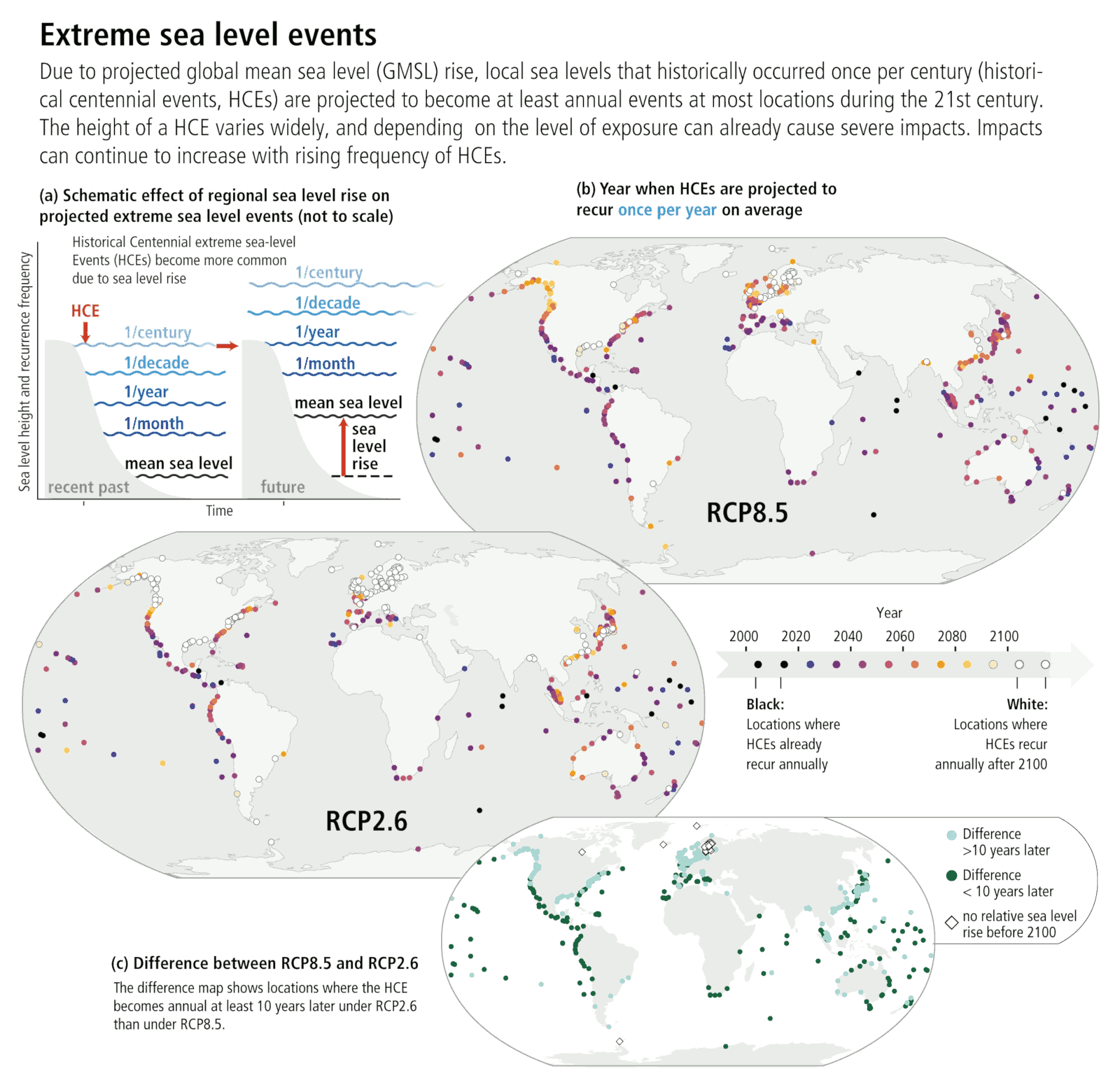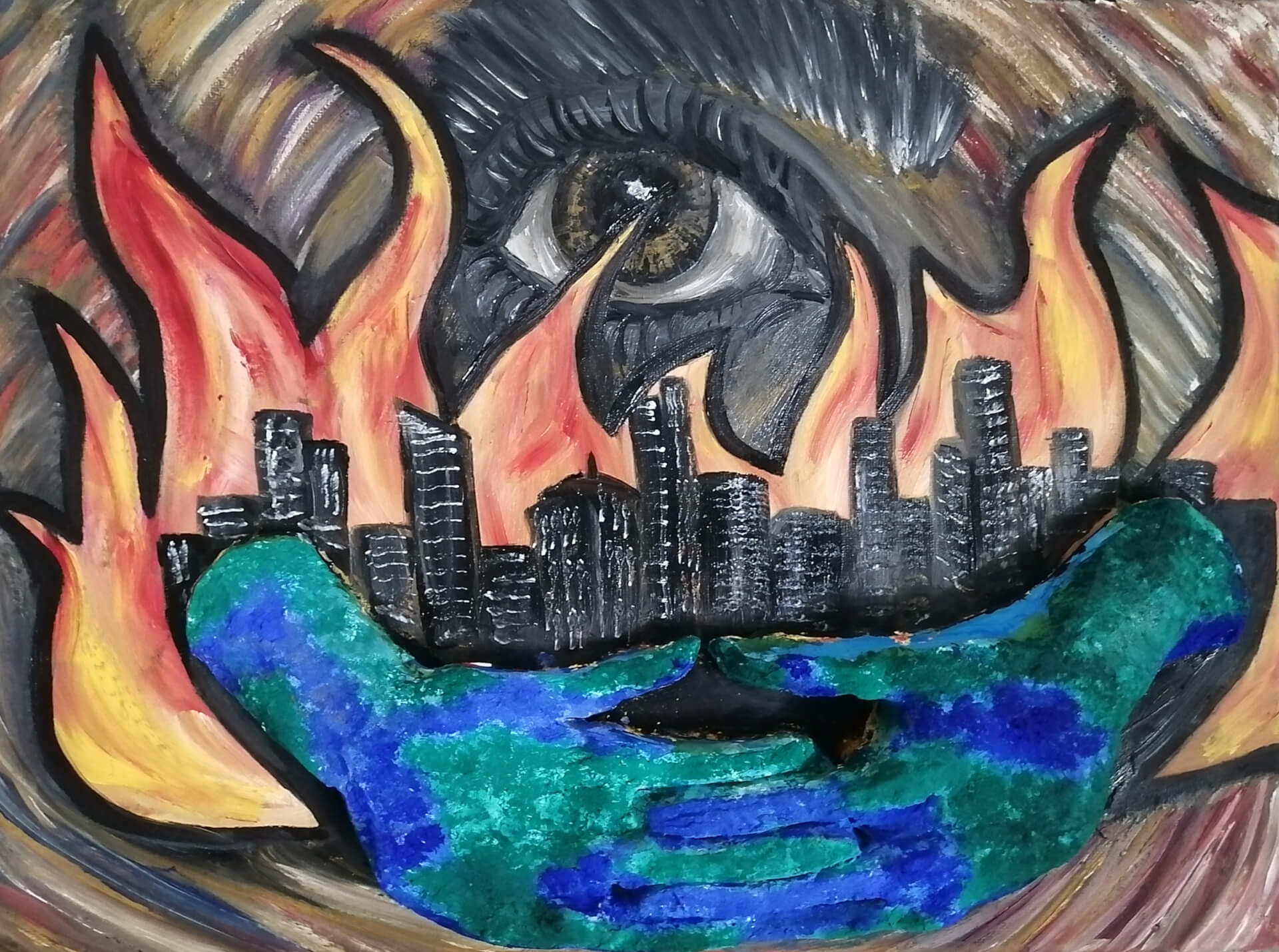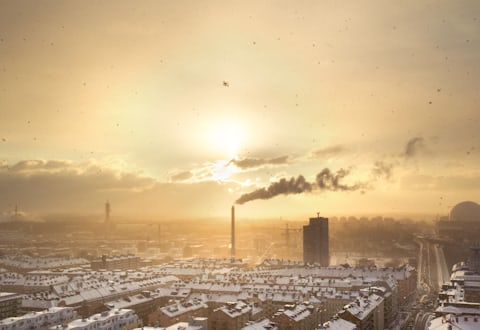Ocean rising: Special report on the ocean and cryosphere
Vegan Society of Canada News
November 15th 2019
The new Intergovernmental Panel on Climate Change (IPCC) special report on the ocean and cryosphere is out and not surprisingly confirms that we are selfishly destroying our oceans and all its inhabitants. The situation is dire and we must take heed of all the warnings and change our behaviour. The oceans have already done much for us to protect us from our own selfishness. The report states:
The ocean has absorbed about a third of the carbon dioxide humans have emitted from the burning of fossil fuels since the Industrial Revolution, and the majority (more than 90%) of the extra heat within the Earth system. In this way, the ocean has slowed the warming humans and ecosystems have experienced on land.
It is time to repay our debt and protect the ecosystems that have taken the brunt of our foolishness.
The report indicates that we are in line to lose a vast majority of our permafrost, which in turn will release billions of tons of carbon and methane in the atmosphere. This is a great example of those climate tipping points that we do not plan for, yet will most likely come to haunt us as their probability of happening is far from being nil.
If we are foolish enough to continue our current behaviour, sea level rise is projected to be many meters by 2300 and as much as several centimeters per year. Tragically, floods with intensity that in the past occurred every 100 years will become yearly occurrences with all the implications of death and destruction that come with such events.
In addition, and as we have mentioned in the past, while there are plenty of ethical reasons not to consume seafood, because of the already polluted state of our oceans we advise against eating seafood for health reasons. If you aren’t concerned about seafood pollution or our climate emergency, you aren’t paying attention.
Most concerning is the increase bioaccumulation of organic pollutants and mercury that will be released by melting glaciers and permafrost. The degree and timing of this impact is unknown at this time, but the latest research from the American Geophysical Union estimates there could be 800,000 tonnes of mercury trapped in the permafrost. If you’re wondering how much that is, the report goes on to state:
Permafrost regions contain twice as much mercury as the rest of all soils, the atmosphere, and ocean combined.
Unknown quantities of this released mercury will end up in the food chain and affect water quality, which poses a threat to human health.
Once again the poorest among us will bear a disproportionate share of the consequences of our selfishness. The cost of mitigation will be very high and will most likely be only affordable by large cities in rich countries. The report tells us that the cost could be in the several 100 billions per year:
At global scale, coastal protection can reduce flood risk by 2–3 orders of magnitude during the 21st century, but depends on investments on the order of tens to several hundreds of billions of US$ per year.
Where space is limited, and the value of exposed assets is high (e.g., in cities), hard protection (e.g., dikes) is likely to be a cost-efficient response option during the 21st century taking into account the specifics of the context, but resource-limited areas may not be able to afford such investments.
On a global level, the estimated damage from sea level rise alone caused by a rise of 2°C, let alone 4.3°C that our current policy could cause, would submerge the land where 280 million people are currently living by 2100.
Changing our actions must begin now. That change must include ending our reliance on animal agriculture, and drastically reducing our fossil fuel emissions. Alternatives exist and more are being created every month. Let’s put these alternatives to use.
A change of lifestyle offers individuals a powerful means to combat a range of issues, including personal health problems, climate change, loss of biodiversity, global acidification, eutrophication, freshwater shortages, pandemic prevention, antibiotic resistance, save countless lives and much more. We know of no other efficient way for individuals to address these critical challenges simultaneously without waiting for government, corporate, or technological interventions. By changing lifestyle, people can take immediate and impactful action. We encourage you to embrace this lifestyle change today. Contact us for support and to connect with local communities in your area.





